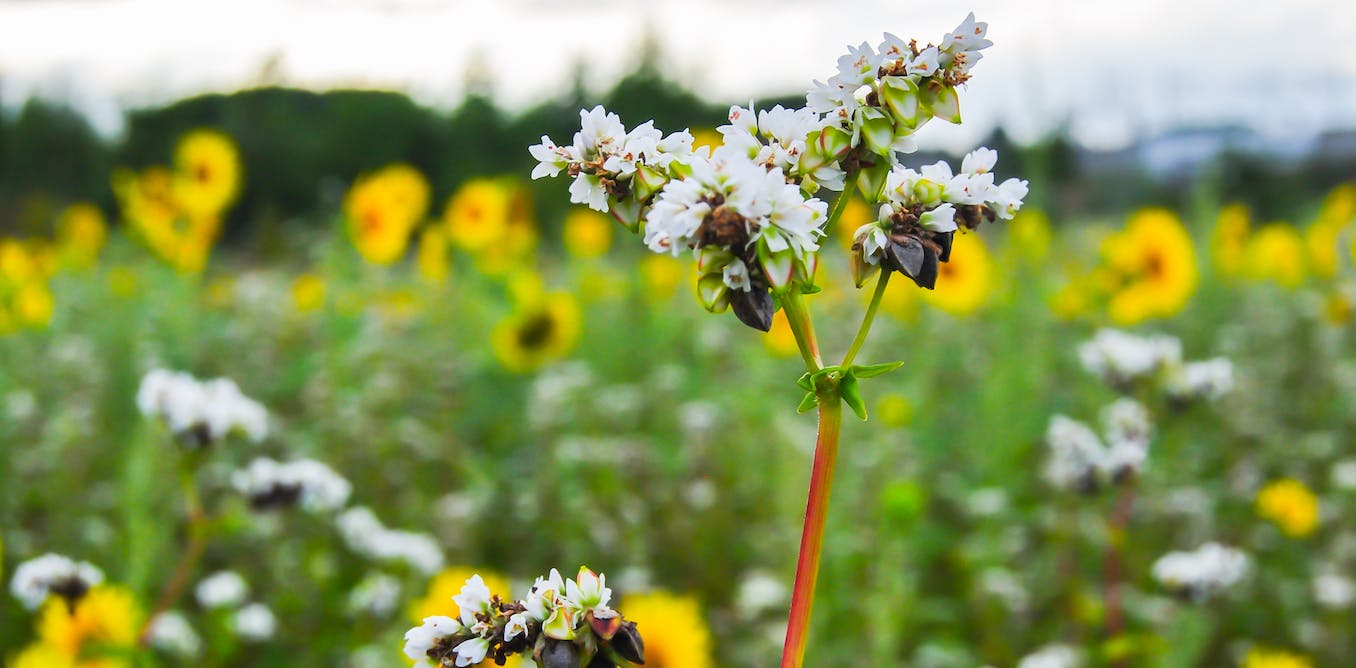Genetic engineering has sky-high potential for our agricultural needs, but we’ve pissed that away with things like mass-patenting genomes and engineering for things like pesticide immunity over traits that are valuable to the environment or consumer.
There’s no money in using it ethically, so I wouldn’t place any bets on us changing course any time soon.
Not sure if it’s about “solving” climate change so much as it’s about mitigating the effects of climate change on global food production.
I haven’t heard anyone try to argue that they would reduce atmospheric levels of green house gases but they sure can allow you to grow crops that are more resistant to drought, require less pesticides and even reduce the need for fertilizer. Potentially reducing the amount of energy intensive inputs for agriculture would have an impact on the environment to some degree.
It isn’t THE solution, it is A solution. The title is wrong.
More likely an important component of a more complex strategy. Oversimplification is really a shitty thing in journalism these days.
That’s not a “these days” thing. Even back to the Vietnam War, Cronkite’s famous analysis of the Tet Offensive was woefully off the mark. While it helped get us out of Vietnam, which was a good thing, it was not actually accurate at all.
Journalism is basically an impossible job in the modern world. The gulf between the level of complexity the experts are at, compared to the general public, is just too great. On virtually every topic now. And they need to be fast too, now? It’s just asking too much.
I get what you say about the complexity of communicating on complex topic but that’s literally their one job isn’t it? Exception of investigating journalism they are supposed to make information available to the masses.
I like to thing that we could hope that the industry will eventually strive to reach that objective. I think that to some extent newer generations are doing that, albeit on non traditional platforms. Many a specialised youtuber offers troves of information and qualitative analysis on nice topics.
The entire thrust of my argument is this: They are trying very hard, and cannot try much harder. The task they are trying to do gets harder every year, though. It became practically impossible some time in the past 100 years, and we just started noticing. What makes it steadily and inevitably harder, primarily and at its root, is advancing technology.
What enables some youtubers to do a better job is the fact they’re doing investigative journalism, usually, and have a lot of time to verify their facts and try to get it right. Or they themselves are a subject matter expert, working within their area of expertise, and speaking to a specific audience of people with some pre-existing knowledge on whatever subject.
The entire article is anti-gmo bs.
This article is simply fear mongering.
They can also trigger substantial unintended changes in the genetic material of plants.
So can normal breeding. In fact that’s all you get with normal breeding - random changes. You hope the things you want happen. Witness killer bees for example.
Just because it’s “big scary pharma” doesn’t mean everything is evil.
These crops aren’t the solution but they can be part of a solution.
The capitalists will be conning us into selling us “solutions” to what they have wrought long after they’ve retreated to and are barking orders remotely from their luxury bunker compounds protecting them from a scorched hellscape where it hurts to breathe.
And sadly, there’ll still be laborers and managers and security forces singing their praises into their own oblivion. “Phone man issues us ration cards! cough Show some respect and work harder on their shipment of cough carbon filters!”





